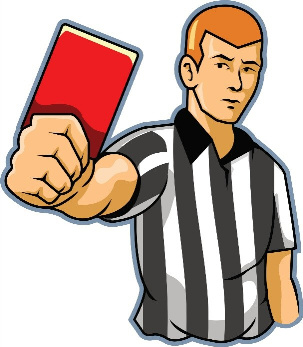Spouses and caregivers call us frequently to ask about giving away assets to qualify for New Mexico or Texas Medicaid. This article will inform you about how a gift is defined, what a “look-back” is, and what the penalty is for making a gift in order to qualify for Medicaid. The following 10 Fun Facts about Giving Away Property to Qualify for Medicaid is NOT legal advice.
We can only give legal advice to our clients who fully disclose their circumstances, sign an attorney-client fee agreement, and pay attorney’s fees. This article serves to inform you of some information that might satisfy your curiosity. The information contained in this article is not intended or written to be used, and it cannot be used, by any Medicaid applicant for the purpose of any fraudulent conveyance. We recommend that people who would like to make gifts to contact an elder law attorney, that is, an attorney who has experience filing Medicaid applications and representing appellants who have been wrongfully denied their Medicaid benefits. Before you call your favorite elder law attorney, read the following 10 Fun Facts about Giving Away Property to Qualify for Medicaid:

1.) Taking your name off a deed, an automobile title, bank account, annuity contract, or insurance policy is considered to be a gift in New Mexico and Texas. Adding your name to the Medicaid applicant’s home, property, or automobile is also a gift.
2.) Transferring resources into an irrevocable trust is a gift.
3.) Selling property to another person for less than fair market value is also considered to be a gift.
4.) Transferring resources into an income diversion trust, qualified income trust, or a “Miller’s trust” is a gift. Income diversion trust, qualified income trust, or a “Miller’s trusts” are only allowed to receive the applicant’s income if the applicant’s income exceeds the maximum income limit.
5.) You must disclose gifts that were made within 60 months of applying for Medicaid. This is known as the “look-back.”
6.) In 1996, the United States Congress, President Bill Clinton, and United States Attorney General Janet Reno tried to criminalize the act of making gifts to qualify for Medicaid. Section 217 of the Health Insurance Portability and Accountability Act of 1996, 42 U.S.C. Sec. 1320a-7b(a) made it a crime to make lawful transfers of assets in order to qualify for Medicaid. Some clever lawyers referred to this law as the “Granny Goes to Jail Act.” Violators were subject to fines of up to $25,000 or imprisonment for up to 5 years, or both. In 1997, the U.S. government incorporated section 4734 of the Balanced Budget Act into section 217 to make it a crime for attorneys to give advice about making gifts to qualify for Medicaid. In December 1997, the New York Bar Association sued. The U.S. District Court for the Northern District of New York granted the State Bar of New York an injunction against the United States Attorney General to prevent the federal government from enforcing criminal penalties. New York State Bar Ass’n v. Reno, 999 F. Supp. 710 (N.D.N.Y 1998).

7. Today, neither New Mexico nor Texas impose criminal penalties for making gifts in order to qualify for Medicaid as long as the gifts are disclosed on the application.
8. Lying about gifts on a Medicaid application is wrong, fraudulent, and illegal. Refusing or failing to provide information about a gift is the same as lying about it. There is a difference between fraud and a truthful disclosure of gifts made and acceptance of the penalty incurred.
9. Both New Mexico and Texas impose penalties for Medicaid applicants who make gifts, also known as uncompensated transfers, in order to qualify for Medicaid.
10. In Texas, the penalty for making a gift valued at $237.93 is one day. Therefore, a gift of $23,793 in Texas will result in a penalty of 100 days. Even though the applicant technically meets the qualification requirements, benefits will not be paid during the penalty period.
Elder law attorney advice about Medicaid laws, regulations, and rules is allowed, ethical, and legal. If you would like to protect assets and qualify for New Mexico or Texas Medicaid, call 210-530-4278 in San Antonio.

